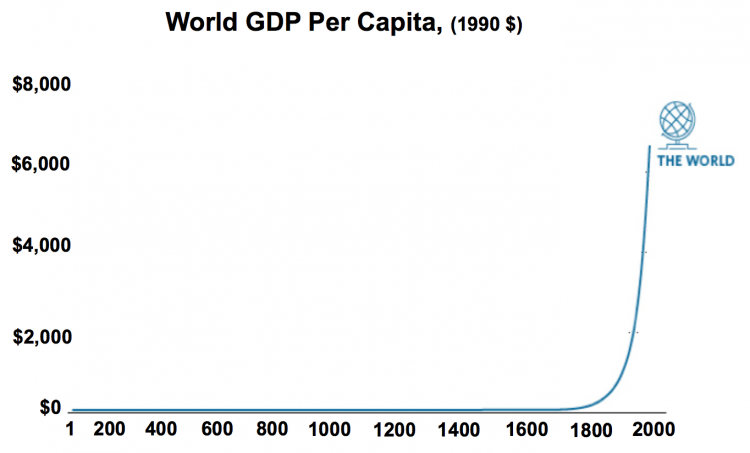Free speech, freedom of association, freedom of thought and of the press — these principles are essential to the health of civil society. Today, these pillars of freedom are under stress, often from those who have historically bolstered them.
RealClearPublicAffair’s Censorship Page is designed to be an online venue where conversations on these critical issues can take place. This page promotes, distributes, and archives the work of leading journalists and thinkers who take the growing issue of censorship as their core concern.
What began as localized skirmishes in the “culture wars” has expanded its reach with startling speed. Journalists and editorial boards self-censoring for fear of political — or financial — reprisal. University administrators invoking speech codes to shield students from “harm,” i.e. ideas they found uncomfortable. Faculty members capitulating to dominant campus orthodoxies. Students themselves revealing they are afraid to speak their own minds. College newspapers, which once crusaded against such proscriptions, going along for the ride.
The contagion of censorship was never going to be contained to the academy and it hasn’t been. Social media, with complicity of the legacy media, disseminated the seeds of conformity far and wide. The federal government has entered the fray —on the wrong side.
(((break)))
In December 2022, Matt Taibbi, Michael Shellenberger, Bari Weiss, and other journalists published the first installment of the seminal story known as The Twitter Files. Among many chilling revelations, the Twitter Files proved the worst suspicions of those who cherish the First Amendment: For years the government has pressured private companies to censor the speech of ordinary Americans. Topics ranging from COVID-19 lockdowns and origin to voting practices have felt the stifling influence of government censors on open discourse.
The Twitter Files were the spearhead of a now robust journalistic inquiry into the nature of government censorship in the 21st century. We have since learned the extent to which a new self-appointed media oversight industry cooperates with the government to undermine free expression, which is the birthright of every American.
As our democracy’s challenges deepen and multiply, the incentives to control speech only grows. It is therefore vital to witness, and document, governmental and institutional censorship efforts wherever they appear. This page, and RealClear as an organization, is dedicated to that task.





